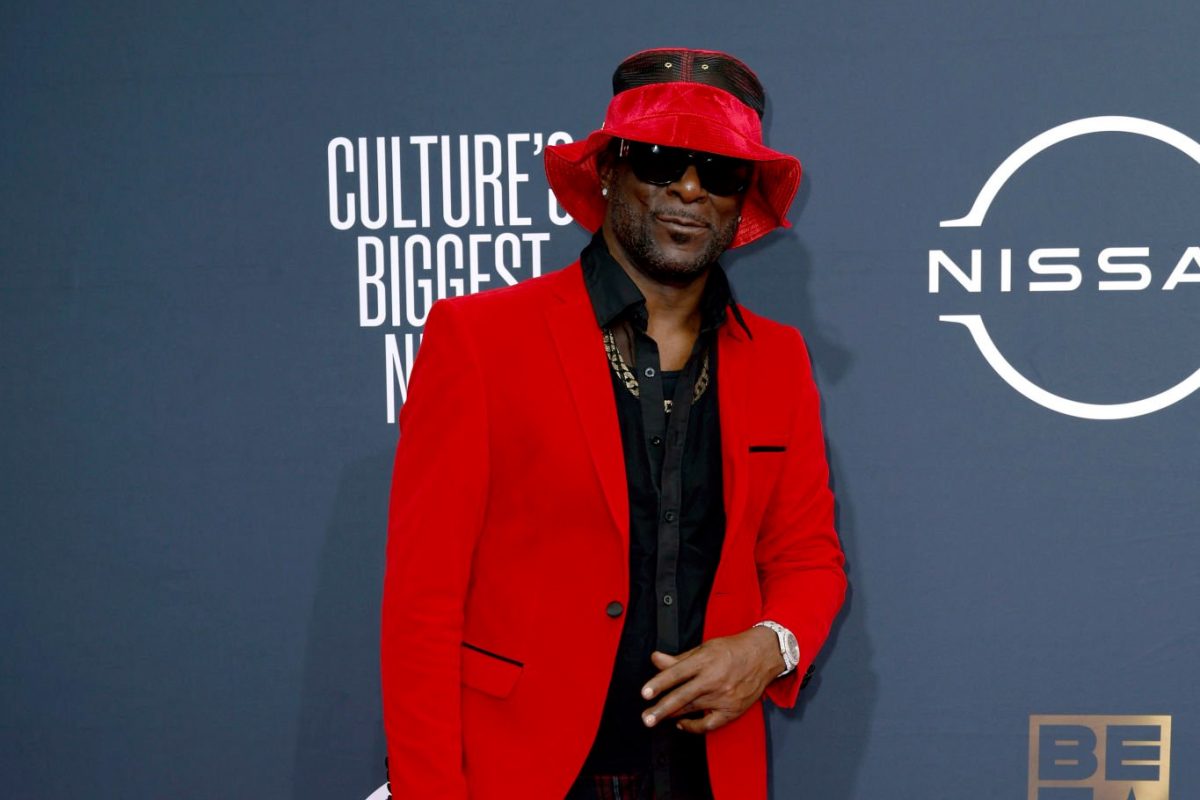Cutty Ranks Hailed For His “Danceable Gunman Lyrics”

Veteran Dancehall deejay Cutty Ranks sparked much discussion on his Instagram page after he shared a video of American music executive Murray Elias declaring him one of Dancehall’s “baddest”, whose gunman songs were highly danceable, unlike the “badman” music coming out of Jamaica today.
“I worked with one of the baddest motherf-ckers in Reggae music – Cutty Ranks. You don’t get any tougher and badder than him. He made gun lyrics, but you know the difference? You could dance to those records,” the Elias had said towards the end of the clip.
The Limb By Limb singer who worked closely with Elias in the 1990s, in resharing the post, captioned it: “Dancehall a me everything!!!!!!!!”
Prior to commenting on Cutty’s Dancehall prowess, Elias had said Dancehall music had been “driven off a cliff” by Jamaicans who chose to dabble in Trap beats, while ditching the distinctive drum patterns of Dancehall, a sentiment that appeared to resonate with Cutty’s fans.
“Cutty! Murray aint never been wrong yet! Massive respect to both of you always and thank you for all the years of great hits!” one follower said.
Another commenter, reggaeskanking, in concurring with Elias, said that the sounds coming out of Jamaica began to evolve after computers became widely available on the island, to the detriment of the authentic beats.
“So he says the difference in Cutty Ranks gun lyrics is you can dance to them. And he is correct. But guess what. The music that came after 2010 was all experimental. And it only happen because of technology. From Everyman get computer them become producer and engineer. And then the experiment started,” he noted.
“The sound was now Hip-Hop sounding drums and everything shifted. Not nice. Genius and other producers started to experiment So now that authentic dancehall coming through the big mixing boards from penthouse and shocking vibes and Dave Kelly dem was gone. I blame technology,” he added.
Elias has been credited with signing Cutty Ranks to Profile Records back in the 1990s, and as producer of the deejay’s My Woman single with Barrington Levy and Rude Bwoy Game, songs which appeared on the Jamaican’s 1996 album Six Million Ways to Die.
Cutty’s intro “Six Million Ways to Die”, from the hit song Who Seh Mi Done, which appeared on the Six Million Ways to Die album, has been sampled by several American artists over the years, including Funk Master Flex in Six Million ways to die.
It was also copied by Snoop Dogg in Serial Killer, Method Man and Redman in How High (Original), Joey Bada in Survival Tactics, Mos Def in Mathematics and Dr Dre and Ice Cube in Natural Born Killaz.
The Six Million Ways to Die album has been described by one music critic as “a rude-boy anthem and typical of the gun-obsessed dancehall of the time” in which “a line rarely passes without a reference to bad-man activity”, and a “classic album of ’90s gun talk”.
The album comprised 15 tracks including other songs such as The Return, Hitman, Time to Die, Push Out Oonuh Head (DJ Line Up), Undertaker, One Gun Two Gun, Bush Tonic and Waste a Time, featuring Shaggy.
Cutty, whose given name is Phillip Thomas, was a butcher prior to his Dancehall career.
His foray into Dancehall music started with him deejaying on sound systems back in the 1980s. Thereafter he joined Donovan Germain’s Penthouse label in 1990, where he collaborated with Reggae legends such as Marcia Griffiths, Beres Hammond, Dennis Brown and Wayne Wonder.
His most successful album, The Stopper, was released in 1991 and included songs such as Hand Grenade, Pon Pause, The Cutter, Mi aim, Original Rude Boy Style, One day Badness and the title track The Stopper.
Cutty’s Dame Tu Cosita, a Reggaeton collaboration with Panamanian El Chombo, has passed the 4.5 billion mark on YouTube, where it remains one of the top 20 most-viewed songs in the history of the video-sharing platform.
